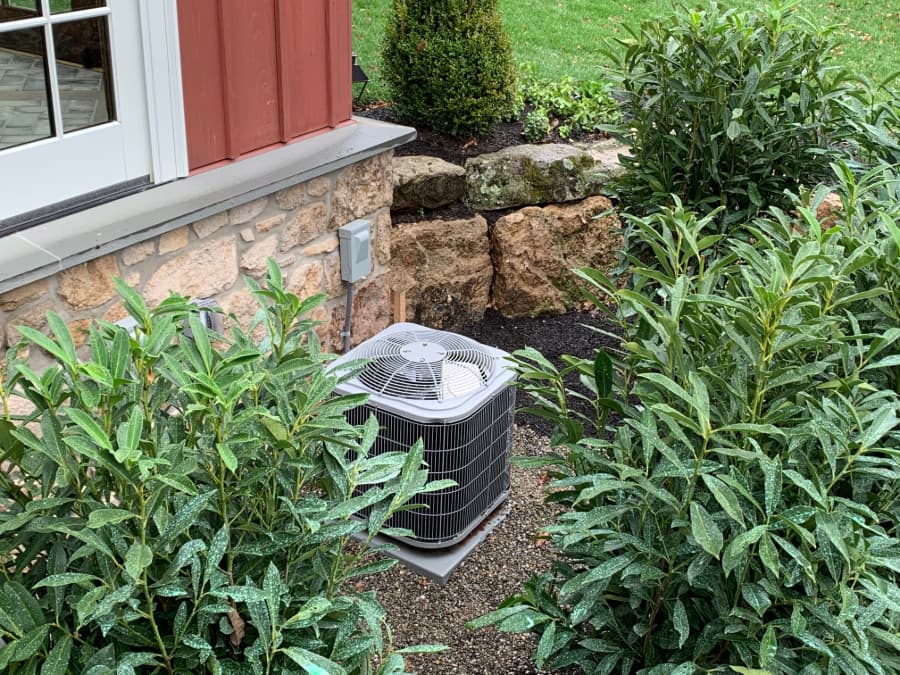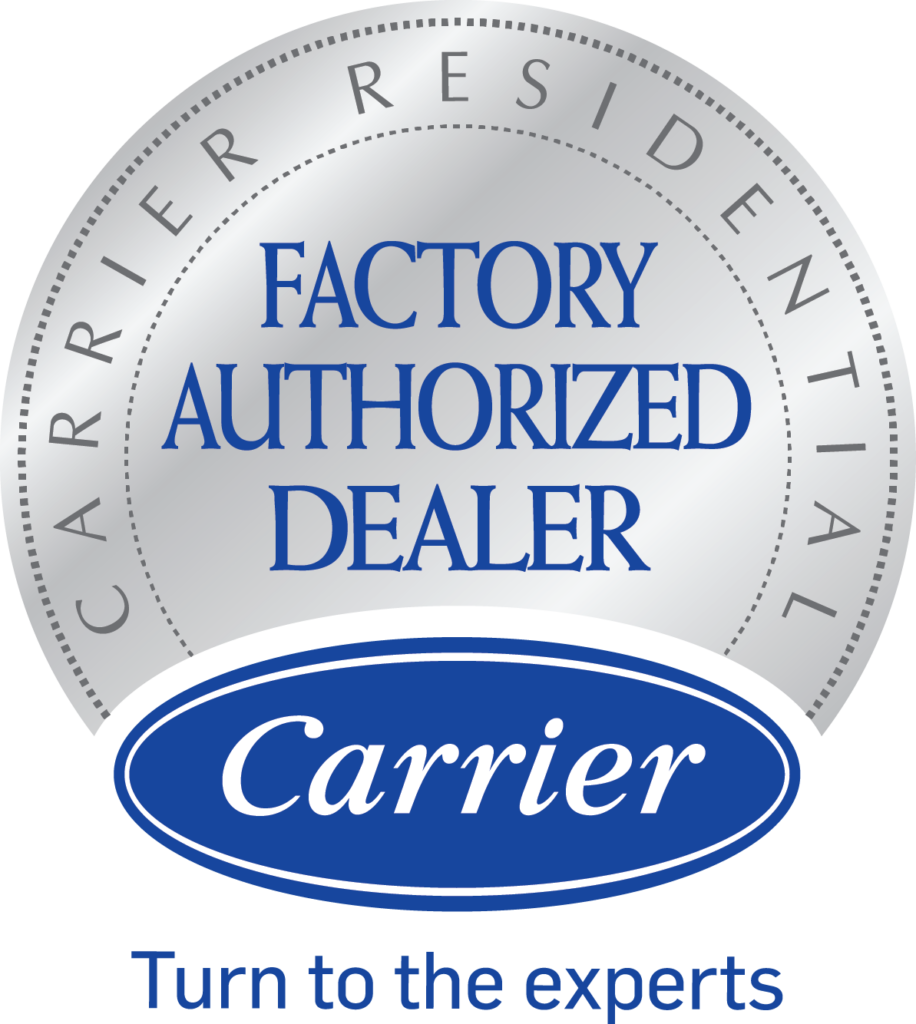Now that the weather is colder, our customers’ thoughts have turned to keeping their homes warm and toasty. We’ve received numerous phone calls from homeowners interested in learning about the newest trends in heating systems. This year, many of them are looking for information on heat pumps, because they’ve heard about their energy-efficient and cost-effective benefits.
Well, they’ve heard correctly! Particularly if you have electrical, propane or oil heat, a heat pump can bring you plenty of savings this year and for many more to come.
I thought it might be helpful if I briefly outlined how a heat pump system works and what it can offer homeowners living in Bucks County and the surrounding areas.
Heat pumps are one of the most efficient, environmentally clean and safe home heating systems you can choose to heat and cool your home. The most common type of heat pump in New Hope, PA, and our other heater repair and installation service areas is the air-source heat pump, which transfers heat between your house and the outside air. It operates as a traditional AC unit in the summer, expelling heat from your home and cooling the interior. But when a heat pump’s operation is reversed during cooler seasons, it is transformed into a heating unit. The heat pump extracts heat that is present in the outdoor air, transferring it through the compressor, then the condensing coil, until the refrigerant gas inside reaches a superheated temperature.
After that, this hot refrigerant gas is piped indoors and pumped over the indoor coil, which adjusts your home temperature to an appropriate, comfortable level that you select using your thermostat. An indoor air handler blows the warmed air throughout the home via the connected ductwork.
(Side note: My customers often ask me, “Coop, how much heat can a heat pump extract out of the air when it’s cold outside?” Good question! Interestingly, heat is present in the air all the way down to -460⁰ F, which is more than three times colder than the lowest natural temperature ever recorded on earth in Antarctica. So no worries – you’re definitely covered.)
This process of extracting heat from outside air uses less electrical energy than converting electricity into heat. Heat pumps are almost always backed up with an electric, oil or propane gas-fired furnace that is programmed to automatically kick in when temperatures fall below 30⁰ to 40⁰ F, the point where heat pumps begin to lose their cost advantage.
We also offer new inverter heat pump models, which take the technology one step even further. These systems offer a variable-speed compressor which allows the refrigerant cycle to operate at different speeds automatically, depending upon the temperature and heat loads. Although more expensive than standard heat pumps, inverter models can support even colder outside temperatures (all the way down to 5⁰ to 15⁰ F) without supplemental back-up heating.
This enhanced technology results in fewer energy losses caused by stopping and starting, fewer drafts in the home, higher energy efficiency and reduced energy consumption. What’s more, in some models, this technology may also reduce operating noise and extend the life of the compressor and other system components.
Perhaps the biggest advantage of all heat pumps is that they can reduce your electricity usage by as much as 50% compared to electric, propane and oil heat. That’s a tremendous savings over time.
Should you consider installing a heat pump the next time you’re looking to replace your heating and cooling system?
My answer is – maybe. Purchasing a heating and cooling system is an expensive decision that you’ll live with for many years. Like most things, one size does not fit all! Years of experience have taught me that no two customers’ needs and preferences are exactly the same. That’s why you need to meet with a trained comfort consultant who can go to your home, review your needs and help navigate you towards the best solution for YOU.
And please, take it from the Coop: No matter what type of heating and cooling you select, be sure to hire professional contractors, like our installers here at Cooper Mechanical, who are trained and well-versed at installing many different types of equipment, as well as performing heater repair, in Doylestown, PA, and the surroudning areas. We’ll always ensure that your system is installed correctly.






